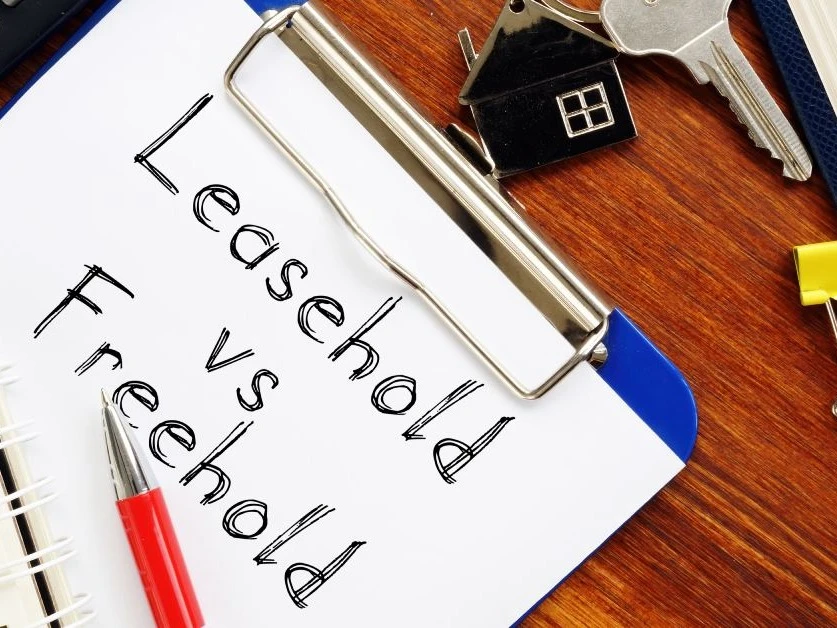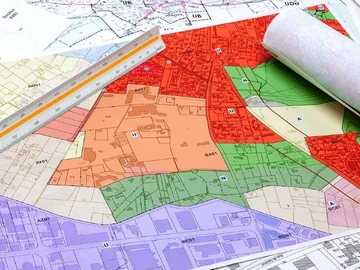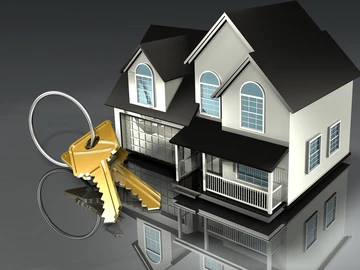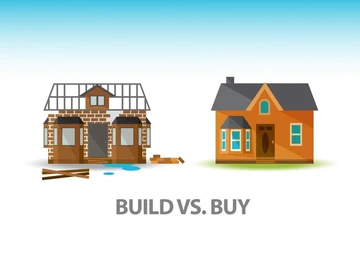When buying property in Zimbabwe, understanding the difference between freehold and leasehold property is crucial. Your choice affects ownership rights, transferability, investment potential, and costs.
2025 Market Snapshot:
- Most urban residential properties are freehold, allowing outright ownership.
- Leasehold properties are common for government land or special development zones.
- Average freehold residential property in Harare: US $120,000–$850,000
- Average leasehold residential property: US $50,000–$300,000
This guide explains the differences, advantages, and considerations for both property types.
What is Freehold Property?
Definition: Freehold property gives the owner full ownership of the land and the structures on it indefinitely. The owner can sell, lease, or develop the property as they see fit, subject to local regulations.
Key Features:
- Complete control over the property
- Indefinite ownership
- Can be mortgaged or used as collateral
- Transfer of ownership is permanent once registered
Examples:
- Residential houses in Borrowdale, Mount Pleasant, and Glen Lorne
- Commercial buildings on privately owned land
Advantages of Freehold:
- Full ownership security
- Easier to sell or transfer
- Higher resale value
- More attractive to banks for mortgages
Disadvantages:
- Higher upfront cost
- Owner bears all property maintenance and taxes
What is Leasehold Property?
Definition: Leasehold property means the owner leases the land from the government or a private landlord for a fixed period (usually 25–99 years). Ownership of buildings or improvements may belong to the leaseholder, but the land remains under the lessor.
Key Features:
- Fixed-term ownership (e.g., 25, 50, or 99 years)
- Land may revert to lessor after lease expires
- Transfer may require approval from the government or original owner
- Often found in areas like government land schemes or special development zones
Examples:
- Residential plots in some suburbs of Chitungwiza, Epworth, or urban renewal areas
- Government-allocated industrial sites
Advantages of Leasehold:
- Lower upfront cost than freehold
- May be available in high-demand areas where freehold is limited
- Suitable for short-term investment or development
Disadvantages:
- Ownership is temporary
- Restrictions on development or transfer
- Banks may be reluctant to provide long-term mortgages
- Value may depreciate as lease expiry approaches
Key Differences Between Freehold and Leasehold
|
Feature |
Freehold |
Leasehold |
|
Ownership |
Indefinite, full ownership |
Limited to lease term (25–99 years) |
|
Land Control |
Complete control |
Land reverts to lessor after lease ends |
|
Sale / Transfer |
Can sell anytime |
May require approval; value affected by remaining lease term |
|
Mortgage |
Easier to obtain |
Harder, banks may impose restrictions |
|
Cost |
Higher upfront |
Lower upfront |
|
Investment Potential |
Higher long-term value |
Limited; decreases as lease nears expiry |
|
Property Improvements |
Fully owned |
Usually owned, but subject to lease terms |
Practical Examples
Example 1: Freehold Property
- Buyer purchases a house in Mount Pleasant for US $250,000
- Full ownership of land and structure
- Can renovate, sell, or lease the property without restrictions
- Bank mortgage available
Example 2: Leasehold Property
- Buyer leases a plot in Epworth for 50 years at US $60,000
- Builds a house worth US $40,000
- Ownership reverts to government after 50 years unless renewed
- Mortgage options may be limited
Investment Considerations
1. Freehold is Best for Long-Term Investment
- Ideal for capital appreciation and resale value
- Easier to secure financing
2. Leasehold Can Be Strategic for Affordable Entry
- Good for short-term residency or development
- Watch the lease expiry and restrictions on improvements
3. Check Lease Terms Carefully
- Some leases require annual ground rent
- Restrictions on selling or developing may apply
4. Property Location Matters
- Leasehold properties in central urban areas can still offer strong rental returns
- Freehold properties in high-demand suburbs remain top choice for long-term value
Legal and Transfer Implications
Freehold:
- Transfer handled via Deeds Office
- Title deed reflects permanent ownership
Leasehold:
- Requires government or lessor approval for transfer
- Lease terms should be clearly documented
- Mortgage or resale may be restricted near lease expiry
Summary
- Freehold Property: Full, permanent ownership. Higher cost, easier to mortgage, strong long-term investment.
- Leasehold Property: Time-bound ownership, lower upfront cost, restrictions on development and resale, suitable for short-term or affordable options.
- 2025 Insight: Most Harare and Bulawayo suburbs offer freehold property; leasehold is common in government or special scheme areas.
Tip: For buyers aiming for long-term capital growth and mortgage financing, freehold is usually preferable. Leasehold may be viable for affordable entry into high-demand areas, but carefully review lease terms and expiry.
 Continue with Facebook
Continue with Facebook
 Continue with Email
Continue with Email














